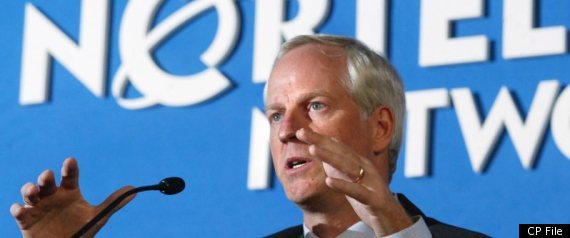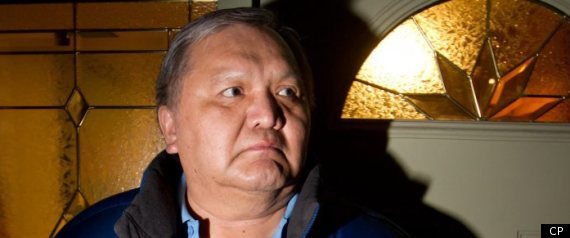"A true revolution of values will lay hand on the world order and say of war, "This way of settling differences is not just." This business of burning human beings with napalm, of filling our nation's homes with orphans and widows, of injecting poisonous drugs of hate into the veins of peoples normally humane, of sending men home from dark and bloody battlefields physically handicapped and psychologically deranged, cannot be reconciled with wisdom, justice, and love. A nation that continues year after year to spend more money on military defense than on programs of social uplift is approaching spiritual death.
"America, the richest and most powerful nation in the world, can well lead the way in this revolution of values. There is nothing except a tragic death wish to prevent us from reordering our priorities so that the pursuit of peace will take precedence over the pursuit of war. There is nothing to keep us from molding a recalcitrant status quo with bruised hands until we have fashioned it into a brotherhood." --Dr. Martin Luther King, Jr.
According to the Stockholm International Peace Research Institute (.pdf), the U.S. spends around $700 billion per year on the military. That sum roughly doubled since 2001, and it accounts for about 43 percent of all military spending in the world in 2010. Yet, even in the context of an ongoing unemployment crisis and widespread opposition for the major war in which the U.S. is embroiled, the Pentagon had the audacity to drop a spending plan (.pdf) earlier this month that calls for a continued increase in military spending and to portray the massive levels of outlays on war made at the height of the Iraq War as "breaking faith" with the military. To paraphrase Dr. King, to use for violence these resources better spent rescuing the 50 percent of Americans now in or near poverty is demonic.
The giant named Militarism is nothing if not nimble: last year at this time, the Pentagon used the words of a friend of the King family to insinuate that, though King's plain words decry all forms of violence and war, today's wars are different and he would "understand" them. That's almost as brazen as war industry giant Boeing's attempt to capture the King mojo for their public relations efforts, donating to the fund for the Dr. Martin Luther King, Jr. Memorial fund while making billions from the "business of burning human beings." We need a new phrase--"King-washing," maybe?--to describe the efforts of career militarists and war profiteers to grasp at the King mantle.
It is natural for people and organizations to want to associate with King. He was a true prophet in the best sense of the word, someone whose courage, dignity and clear moral vision burned so hot and bright that his after-image remains in our eyes long after he's gone. But there is a deep, deep difference between trying to associate by emulation and association by manipulation.
Today is MLK Day. For many, it will be a day of service, and that's certainly an incredibly powerful way to honor King's memory. But equally powerful is the demand that we hear his message--his whole message, including his condemnation of war as a means to settle conflict--and use it as a genuine opportunity for reflection and action. This year it is especially critical that we do so, as the policy choices waiting in the wings in Washington, D.C. over the next few months so tragically resemble those made regarding the poverty programs of King's day and the Vietnam War.
Please take a moment to share our latest video. Then, write to President Obama and tell him to honor Dr. King by repudiating the Pentagon's bid to grow while other programs are cut. Tell him you want him to lead the revolution of values talked about by King--and that that revolution must start by shutting off the "demonic, destructive suction tube" at the Pentagon.
Original Article
Source: Huff





























